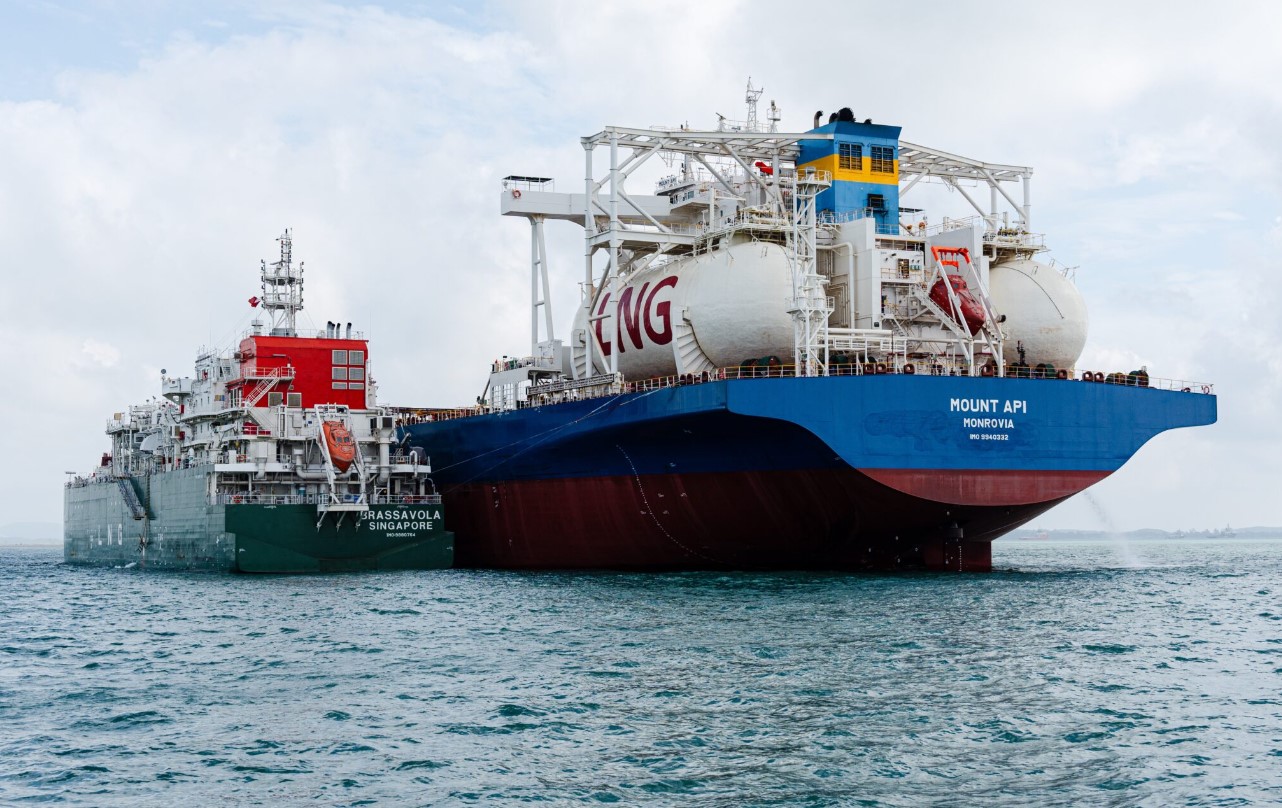Classification society DNV has added 17 LNG-powered ships and 10 methanol-fueled vessels to its Alternative Fuels Insight platform in February.
DNV reported orders for 10 LNG-powered ships in January and 130 LNG-powered vessels in 2023, down from 222 in 2022.
In January-February, DNV added 27 LNG-powered vessels and 33 methanol-fueled vessels to its platform.
Martin Wold, principal consultant in DNV’s maritime advisory business, said this was another “strong” month for alternative fuel vessel orders and it also included an order for one ammonia-fueled ship.
“With 40 LNG fueled ships delivered already this year, we have now passed the 500 ships in operation mark,” he said.
524 LNG-fueled vessels on order
Besides 509 LNG-powered ships in operation, there are 524 LNG-fueled vessels on order, DNV’s platform shows.
There are 83 LNG-powered containerships and 77 LNG-powered crude oil tankers in operation, and these vessels are followed by 54 oil/chemical tankers, and 51 bulk carriers.
As per vessels on order, LNG-powered containerships account for a big part of the orders with 191 units. Shipping firms also ordered 154 car carriers, 51 oil and chemical tankers, 37 crude oil tankers, and 23 cruise ships.
These statistics do not include smaller inland vessels or dual-fuel LNG carriers.
54 LNG bunkering vessels and 220 LPG-powered ships
Besides LNG-powered vessels, there are 54 LNG bunkering vessels in operation and 14 on order, the platform shows.
In addition to 1033 confirmed LNG-powered ships, the fleet powered by alternative fuels also includes 267 methanol-fueled vessels, 220 LPG-powered ships, 31 hydrogen-fueled vessels, and 14 ammonia-fueled vessels, according to the platform.

